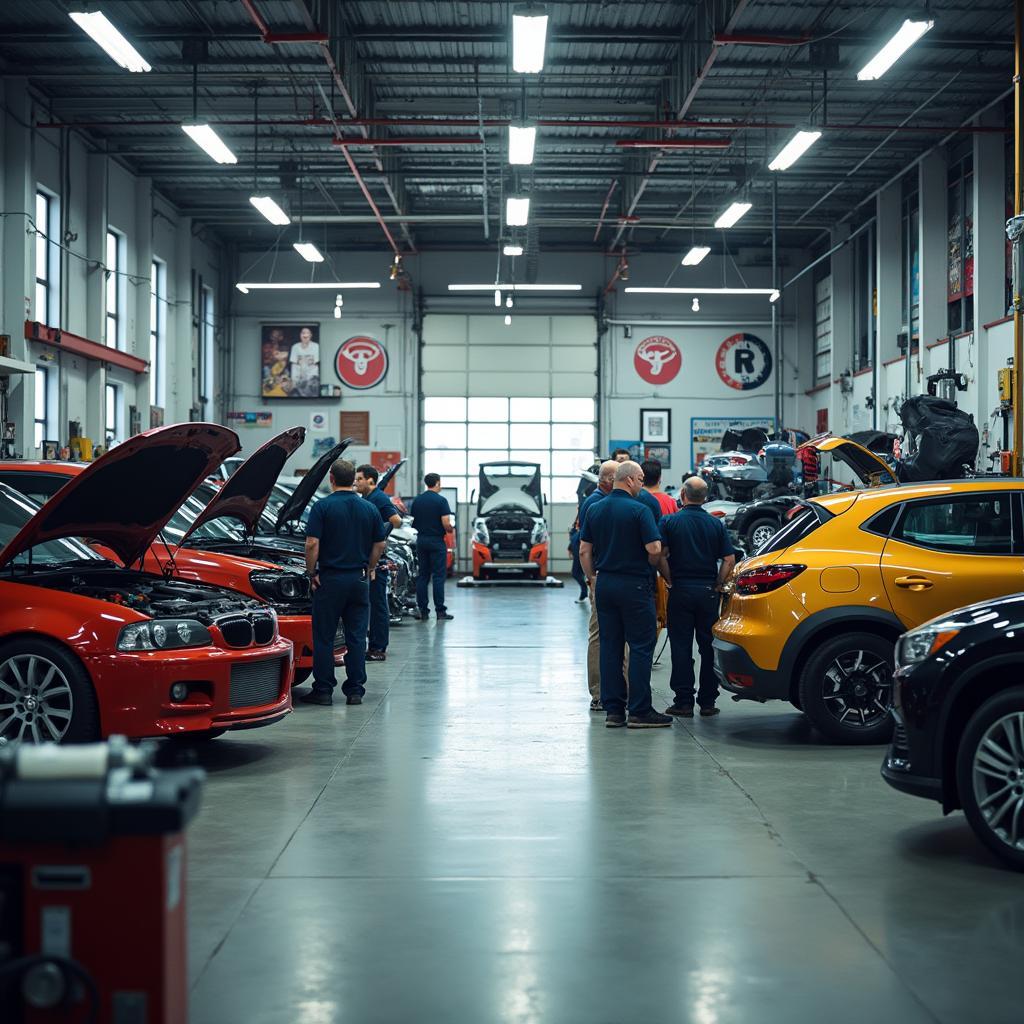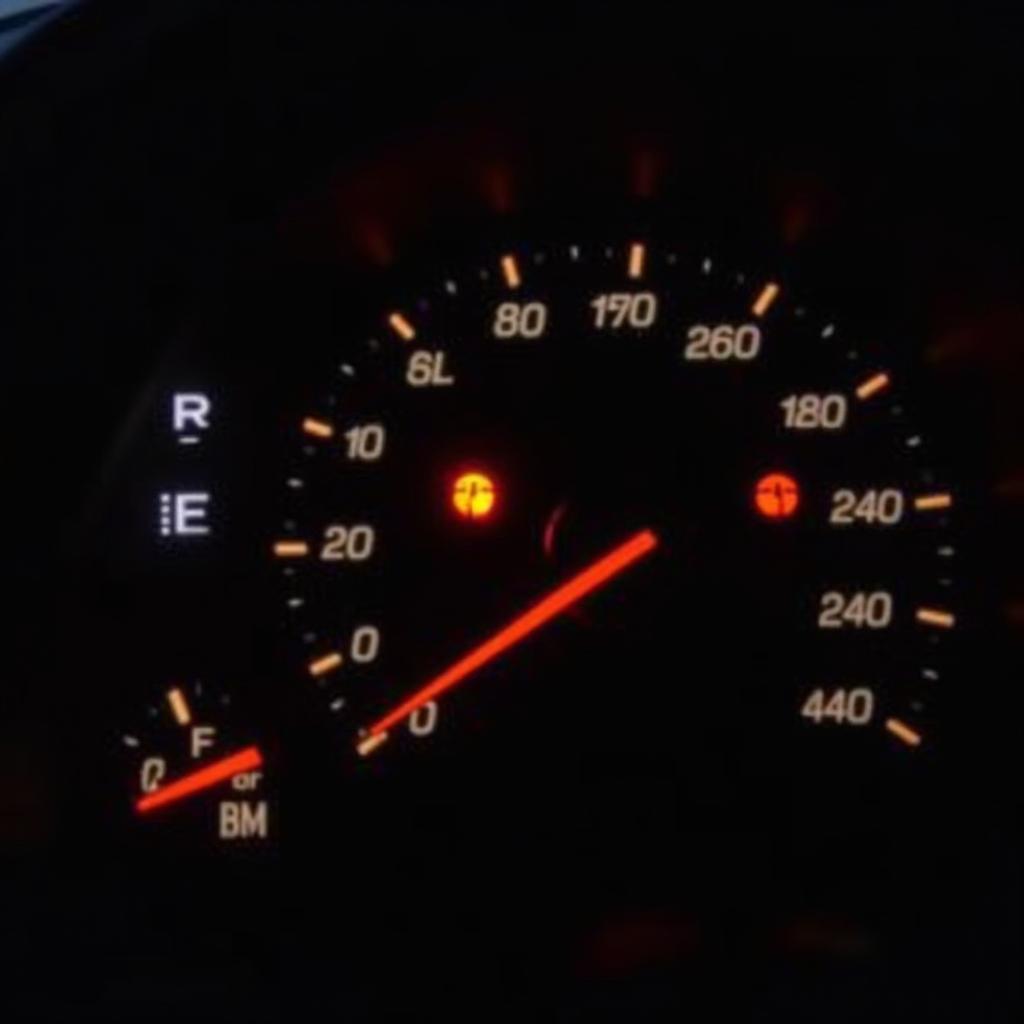The automotive industry has evolved significantly, and with it, the complexity of vehicle maintenance and repair. Whether you’re a seasoned car enthusiast or a new driver, understanding auto services is crucial for ensuring the longevity and optimal performance of your vehicle.
The Importance of Regular Auto Services
Regular maintenance is the cornerstone of a well-functioning vehicle. It goes beyond simply fixing problems; it’s about preventing them altogether. By adhering to a consistent maintenance schedule, you can:
- Enhance Safety: Regular inspections can identify potential safety hazards before they escalate into serious issues. This includes checking brakes, tires, lights, and other critical components.
- Improve Performance: A well-maintained car simply runs better. Regular tune-ups, oil changes, and fluid top-offs ensure your engine operates at peak efficiency, providing a smoother and more responsive driving experience.
- Increase Lifespan: Just like any complex machine, a car’s lifespan is directly tied to its maintenance. Regular servicing can significantly extend the life of your vehicle, saving you money on costly replacements in the long run.
- Maintain Value: A car with a well-documented service history holds a higher resale value. Potential buyers are more likely to invest in a vehicle that has been properly cared for.
Types of Auto Services: From Routine Checks to Specialized Repairs
The realm of auto services encompasses a wide range of tasks, each catering to specific needs of your vehicle.
Routine Maintenance
These are the bread-and-butter services that every car needs on a regular basis.
- Oil Changes: The lifeblood of your engine, regular oil changes lubricate moving parts, reduce friction, and prevent overheating.
- Tire Rotations and Balancing: Ensures even tire wear, extending their lifespan and improving fuel efficiency.
- Brake Inspections and Services: Vital for safe driving, regular brake checks involve inspecting pads, rotors, calipers, and brake fluid levels.
- Fluid Top-offs: Maintaining proper fluid levels in your engine coolant, power steering, brake, and transmission systems is crucial for their smooth operation.
Specialized Repairs
Beyond routine checks, certain situations call for specialized repairs:
- Engine Diagnostics and Repair: Addressing engine problems, from minor misfires to major overhauls.
- Transmission Services: Maintaining the system responsible for transferring power from your engine to the wheels.
- Electrical System Repair: Diagnosing and fixing issues with your car’s battery, alternator, starter, and other electrical components.
- Heating and Air Conditioning (HVAC) Services: Keeping you comfortable year-round by addressing problems with your car’s heating, ventilation, and air conditioning system.
 Inside an Auto Repair Shop
Inside an Auto Repair Shop
Choosing the Right Auto Service Provider: Factors to Consider
Selecting a trustworthy and reliable auto service provider is paramount. Here are some key factors to consider:
- Reputation: Seek recommendations from friends, family, or online reviews to gauge the reputation of different service centers.
- Expertise: Look for shops that specialize in your car’s make and model, ensuring they have the necessary knowledge and tools.
- Transparency: Choose a service provider that offers clear explanations of services, provides detailed invoices, and welcomes your questions.
- Customer Service: A positive customer experience builds trust and ensures a smooth and hassle-free service.
- Warranty: Inquire about warranties on parts and labor, which offer peace of mind and protection against unexpected issues.
Common Auto Service Questions: Addressing Your Concerns
How often should I get an oil change?
While traditional recommendations suggested every 3,000 miles, modern vehicles and synthetic oils often allow for extended intervals. Consult your owner’s manual or a trusted mechanic for guidance specific to your car model.
What are some signs of brake problems?
Squealing or grinding noises when braking, a pulsating brake pedal, or a car that pulls to one side while braking are all indicative of potential brake issues.
How can I tell if my car needs a tune-up?
Decreased fuel efficiency, engine misfires, rough idling, or difficulty starting are common signs that your car might require a tune-up.
 Car Dashboard Warning Lights
Car Dashboard Warning Lights
Staying Ahead of the Curve: Embracing Technology in Auto Services
The integration of technology has revolutionized the auto service industry:
- Computerized Diagnostics: Advanced diagnostic tools allow mechanics to pinpoint issues with greater accuracy and efficiency.
- Predictive Maintenance: Sensors and data analysis can anticipate potential problems before they arise, allowing for proactive maintenance and minimizing downtime.
- Remote Diagnostics: In some cases, mechanics can remotely diagnose car problems, providing quicker solutions and potentially eliminating the need for a physical visit.
Conclusion: Prioritizing Auto Services for Optimal Performance and Peace of Mind
In the intricate world of automobiles, regular and proper auto services are non-negotiable. By understanding the importance of maintenance, recognizing different service types, choosing a reliable provider, and staying informed about technological advancements, you can ensure a safe, smooth, and enjoyable driving experience for years to come. Remember, investing in regular auto services is an investment in your vehicle’s longevity and your peace of mind.
FAQs:
- What is included in a basic car service?
A basic car service typically includes an oil and filter change, tire pressure check and adjustment, fluid top-offs, and a visual inspection of key components like brakes and belts. - How much does an average car service cost?
The cost of car servicing varies greatly depending on the type of service, your car’s make and model, and the location of the service center. It’s always best to request quotes from different providers. - Can I service my own car?
While some basic maintenance tasks can be performed at home by those with mechanical skills, it’s generally recommended to leave more complex repairs and diagnostics to qualified professionals. - How do I choose the right tires for my car?
Consider your driving habits, climate, and your car’s specifications. Consult a tire specialist or refer to your owner’s manual for recommendations. - What should I do if my car breaks down?
Ensure your safety by pulling over to a safe location. Contact roadside assistance or a tow truck service to transport your vehicle to a trusted mechanic.
Explore More:
Need further assistance with your car troubles? Contact our expert team via WhatsApp: +1(641)206-8880 or Email: [email protected]. We’re available 24/7 to provide personalized solutions and address your automotive needs.


